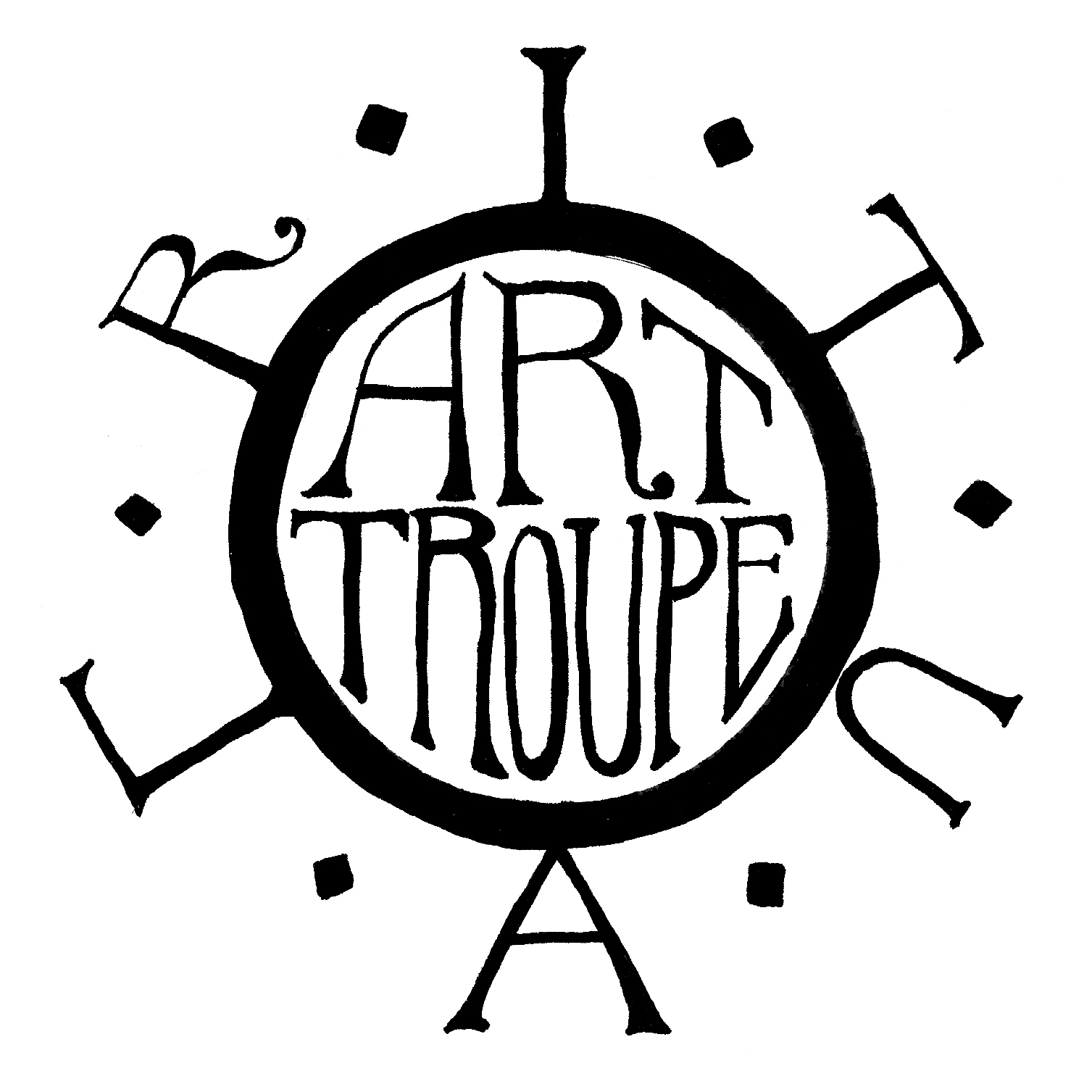“The institutions of art – theatre, film, video, and conceptual art, for instance – are among the rare spaces where one be permitted to depart from the law and social norms. I emphasize may because permission in these spaces is conditional upon social, political, psychological, economic, and legislative circumstances which widen or narrow the realm of possibility. To some extent, that permission remains broad and guaranteed under the laws of democratic states that respect their own legal systems and protect the freedom of their citizens. However, permission remains narrow and practically unobtainable in security states or totalitarian states, such as the one in which Saadallah Wannous lived.
“In modern democratic states, one can, through the world of art and its institutions, step outside the law for a few hours before going back to being a loyal citizen. Here lies the importance of theatre as a place of agitation and dissent. In the name of theatre, an actor or artist can commit acts that he or she cannot commit outside the theatre. He or she can talk about taboos and open debates on serious issues such as religion, sex, armies, war, treason, and so on – publicly, before an audience.”
— From an essay “What Has Slipped Away Is So Far, and What Is Yet to Come So Close” by Rabih Mroué, in “Doomed by Hope: Essays on Arab Theatre”.
 Thanks for donating to the Ritual Art Troupe!
Thanks for donating to the Ritual Art Troupe!